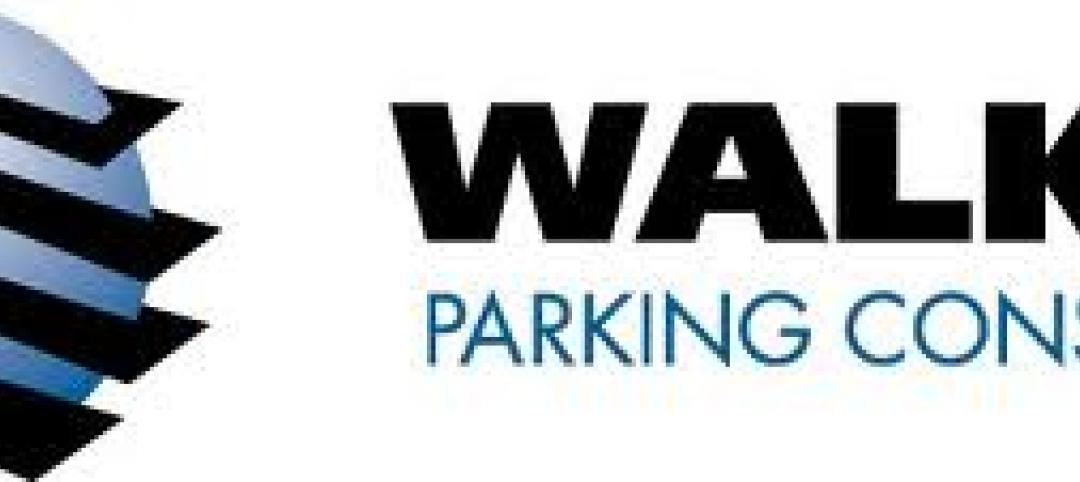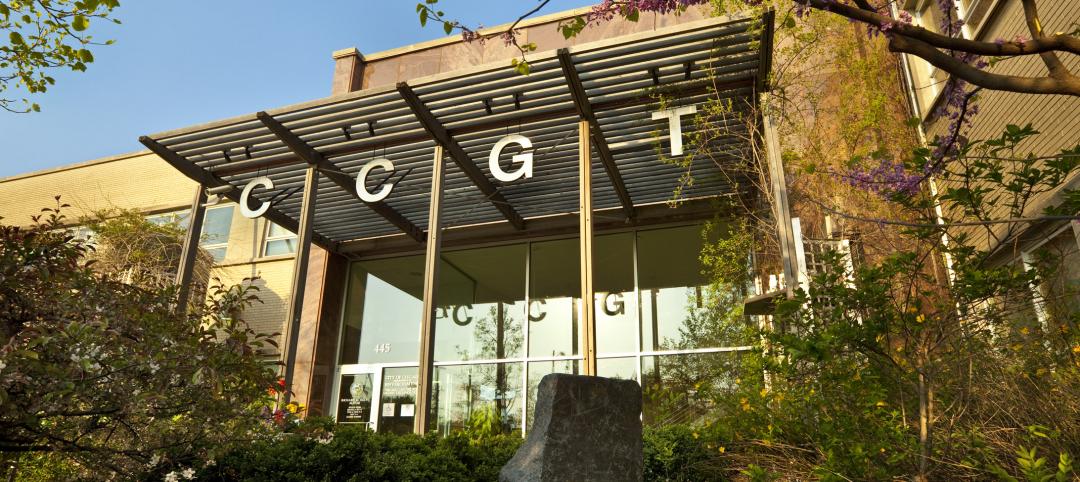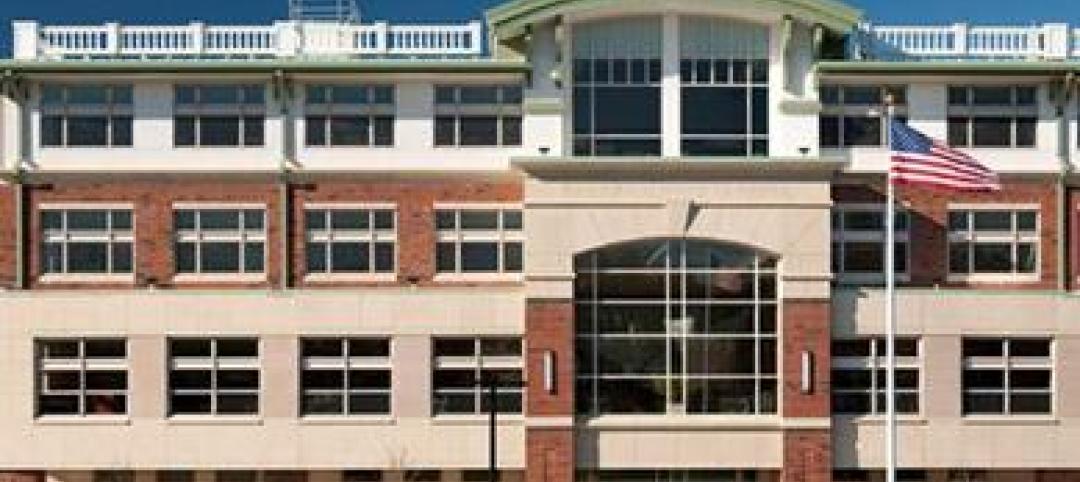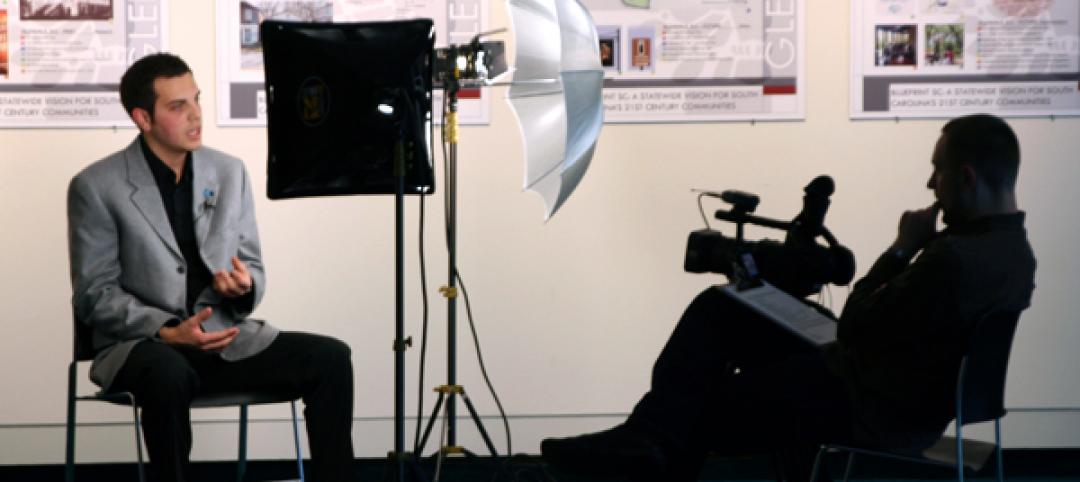This week, the Green Building Advisory Committee established by the General Services Administration (GSA), officially recommended to GSA that the LEED green building certification system be used for all GSA buildings as the best measure of building efficiency. The committee also conveyed that LEED should be the primary way to show how agency buildings use energy and water and that LEED standards are the most conducive to meet the Energy Independence and Security Act.
The Green Building Advisory Committee has evaluated more than 160 tools and systems since it began in 2011, and in February, GSA released a request for information (RFI) that publicly lauded the value of green building rating systems like LEED and asked for additional input into important issues that could help GSA accelerate and improve its green building work.
“GSA has been a leader in energy and sustainability, and we are thrilled to see the leaders in the public and private sectors continue to recommend LEED as the best choice for GSA to maintain its leadership status while improving sustainability, reducing energy and saving money for its buildings,” said Roger Platt, senior vice president of Global Policy & Law, USGBC. “Consensus-based and market-driven, LEED has been and continues to be invaluable to thousands of building professionals and remains the best option for the GSA and any governmental agency looking to save taxpayer dollars and increase energy efficiency.”
According to an article released this week by Federal News Radio, GSA received more than 400 comments from 162 stakeholders from all facets of the building and academic industries as well as local federal and local government agencies. The full list of comments will be released later this spring, but the recommendation to use LEED comes from a study of more than 160 tools and standards, which found only three of them addressed the entire building system.
“Every single time green building and LEED have been evaluated by our most prestigious institutions, like the National Academy of Sciences, the National Research Council and the National Laboratories, the practice or green building and LEED certification has been shown to save taxpayer dollars and increase energy efficiency,” continued Platt. “Lawmakers should see these repeated conclusions and continue supporting public sector use of LEED.”
A study done by The Pacific Northwest National Laboratory (PNNL) found that GSA LEED certified buildings used 25 percent less energy than the national average and cost 19 percent less to operate. GSA’s application of LEED has helped in the agency’s building efficiency efforts, and there are now more than 4,000 LEED certified government projects with another 8,000 in the pipeline as registered projects. A recent report from GSA shows the agency has successfully reduced its energy use by almost 20 percent since 2003 and water use by almost 15 percent since 2007.
In addition, in a letter to GSA in July of 2012, 1,260 companies from the green building industry opposed deviating from LEED in federal facilities because such a change would add cost to the building and leasing process across the building industry.
To see why LEED is the only rating system diverse and dynamic enough to continue to drive market transformation, check out our latest infographic that shows LEED in motion.
About LEED
As the most widely recognized and widely used green building program across the globe, LEED is transforming buildings, homes and communities in all 50 states and 135 countries. LEED guides the design, construction, operations and maintenance of nearly 50,000 projects worldwide, comprising 9.3 billion square feet of commercial and institutional construction space, and nearly 117,000 additional residential units. By using less energy, LEED-certified spaces save money for families, businesses and taxpayers; reduce carbon emissions; and contribute to a healthier environment for residents, workers and the larger community. Learn more at usgbc.org/leed.
About the U.S. Green Building Council
The U.S. Green Building Council (USGBC) is committed to a prosperous and sustainable future through cost-efficient and energy-saving green buildings. USGBC works toward its mission of market transformation through its LEED green building program, robust educational offerings, a nationwide network of chapters and affiliates, the annual Greenbuild International Conference & Expo, and advocacy in support of public policy that encourages and enables green buildings and communities. For more information, visit usgbc.org.
Related Stories
| Jun 5, 2012
Walker Parking opens office in Abu Dhabi
Walker has been in Abu Dhabi since May 2011 but in a temporary office suite.
| Jun 5, 2012
Glumac hires Drit Shoemaker as new director of business development
Shoemaker will research, connect, and forge new client relationships with architects, developers, owners and brokers while strengthening relationships with current clients.
| Jun 5, 2012
Hoffman Architects Arbuckle elected president of New York/Tri-State DOCOMOMO
As chapter president, Arbuckle will guide and oversee the organization's efforts on behalf of Modern buildings and sites, and he will act as the main spokesperson for the organization.
| Jun 4, 2012
Brownfield goes green
Chicago Center for Green Technology uses high-speed, energy-efficient hand dryers to share its green message and earn LEED credits.
| Jun 4, 2012
KBE Building and CTA Construction awarded Project of the Year from CMAA
Award given for work done on the renovation of Beverly High School in Beverly, Mass.
| Jun 4, 2012
Pressley promoted to Senior VP and CIO at Hill International
Pressley will be responsible for managing all of Hill's information technology systems and software worldwide.
| Jun 4, 2012
Stalco Construction promotes Scott Pavick to chief estimator
Pavick manages the estimating department and is responsible for developing cost estimates and budgets, value engineering, and subcontractor bid evaluation and negotiations.
| Jun 4, 2012
HBD Construction to build new training campus in St. Louis
Larger campus facility will expand training opportunities for plumbers and pipefitters.
| Jun 1, 2012
New BD+C University Course on Insulated Metal Panels available
By completing this course, you earn 1.0 HSW/SD AIA Learning Units.
| Jun 1, 2012
Caruso to lead Gensler’s Asia talent development
Caruso will be based in Shanghai and working with the Gensler offices in Japan, China, South Korea, Singapore, Thailand, and India until the spring of 2013.

















